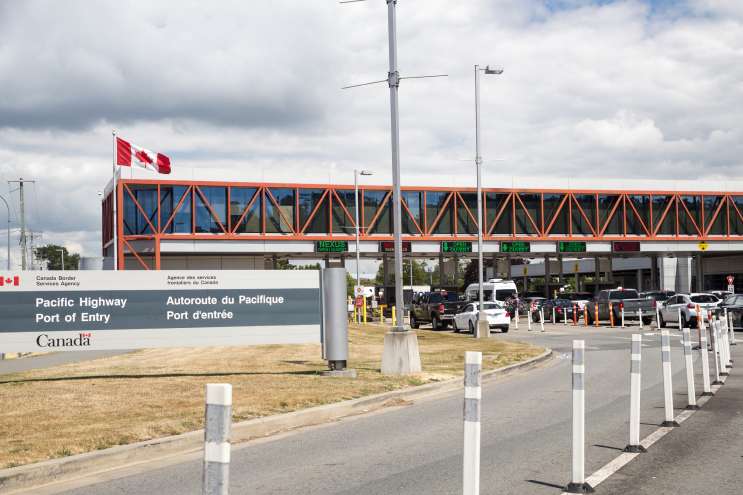Anyone who wants to travel these days is wondering what’s going on with the borders, can we go across? What do we need to do? What do we need to bring with us?
USA BORDERS: On Friday October 29, 2021, the US Department of Homeland Security announced that non-citizen travelers who are fully vaccinated for COVID-19 and have appropriate documentation to prove this fact will be permitted to enter the United States via land ports of entry and ferry terminals starting on November 8, 2021. This shift eases long-standing restrictions on non-essential travel, consistent with public health guidance.
Starting November 8, 2021, when arriving at a US land border or ferry terminal, non-citizen travelers should be prepared to provide proof of COVID-19 vaccinations and verbally attest to their reason for travel and COVID-19 vaccination status during a border inspection. You also must be prepared to present any other documents as requested by the CBP Officer at the border such as Passport, Enhanced Drivers License, Enhanced Tribal Card, NEXUS Card or FAST Card.
Starting in January 2022, however, all inbound foreign national travelers seeking to enter the United States via land borders or ferry terminals – whether for essential or non-essential reasons – must be fully vaccinated for COVID-19 and provide related proof of vaccination.
Read More : US Department of Homeland Security: Vaccines for Canadian Truckers
FOR CANADIAN BORDERS ENTRY: Travel restrictions remain in place for all foreign nationals, including US citizens. Travellers with a right to enter Canada; Be aware that some public health measures continue to apply upon your return, regardless of your vaccination status. Find out what you need to do before you arrive. Before heading to the border, get informed and understand your obligations.
COVID-19: Current border measures and requirements: Planning travel to Canada?
Here is a checklist of what to have ready at the border:
- ArriveCAN receipt
- Pre-entry test results
- Proof of vaccination
- Other travel documents
The Canada Border Services Agency is committed to the safety and security of residents of Canada. This section offers resources and information about how we continue to facilitate the flow of legitimate travel and trade during the current global pandemic.
If you qualify as a fully vaccinated traveller you are:
- Required to show a pre-entry molecular test.
- Required to use ArriveCAN.
- Required to take an arrival test if selected.
- Exempt from quarantine.
- Exempt from Day-8 testing.
All travellers are eligible to enter Canada if they qualify as a fully vaccinated traveller regardless of citizenship. Canadians are always eligible to enter Canada but must complete testing requirements and mandatory quarantine if they do not qualify as a fully vaccinated traveller
A pre-entry molecular test is required for all travellers. A rapid antigen test will not be accepted. If you provide essential services or already qualify for other exemptions from quarantine and Day-8 testing, you don’t need to be considered a fully vaccinated traveller to enter Canada.
To qualify as a fully vaccinated traveller to Canada, you must:
- Have received at least 2 doses of a Government of Canada-accepted COVID-19 vaccine or a mix of 2 accepted vaccines.
- Have received your second dose at least 14 full days prior to the day you enter Canada.
- Upload your proof of vaccination in ArriveCAN
- Have no signs or symptoms of COVID-19
As travel begins to resume, travel volumes and wait times are expected to increase. Travelers should plan for longer than normal wait times and long lines at all land border crossings when planning their trip and are reminded to exercise patience.
Stay Safe and Healthy Out There! For more information about this article, the new MSC, suspicious activities reporting, border crossings or safety & compliance programs such as CTPAT, FAST, PIP, AEO, CSA please contact Cross Border Services at www.crossborderservices.ca dawntruell@crossborderservices.ca





Comments are closed